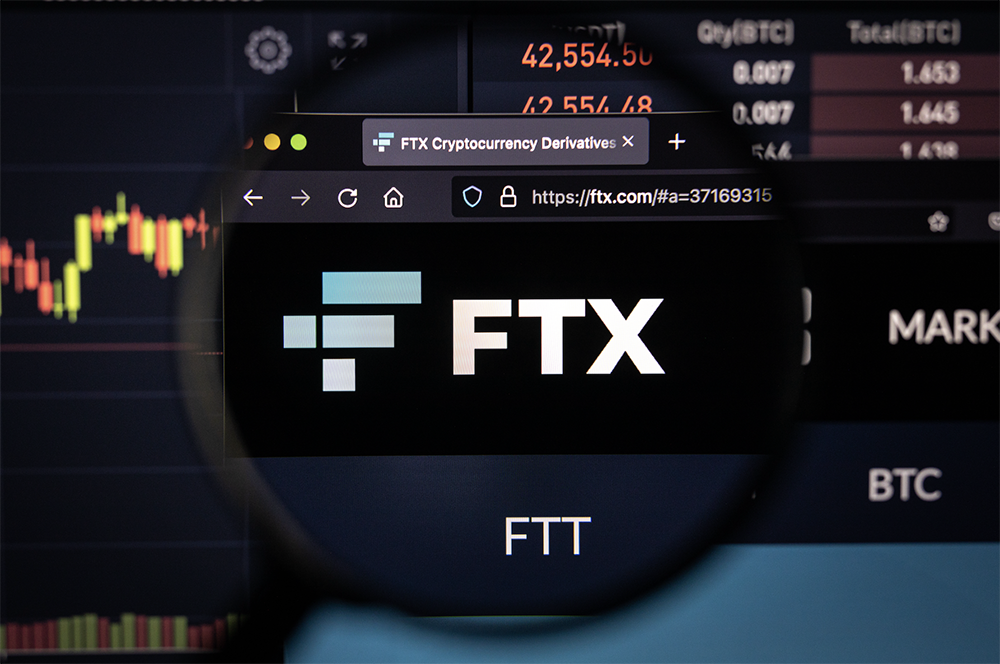
The rapid collapse and subsequent bankruptcy of FTX, a Bahamas-based cryptocurrency exchange, has consumed mainstream media outlets since mid-November. Many people, both professionals, and next-door-neighbors are talking about whether or not cryptocurrency is dead, and some of them are wondering whether they will ever receive their lost cryptocurrency again.
Background
FTX was a cryptocurrency exchange where customers could trade digital currencies. Many customers also used FTX to store their digital currencies and in doing so, shared their private keys with FTX, thereby giving the company complete control over the funds. The CEO of FTX reportedly sent Alameda Research, a quantitative trading firm, customer funds so Alameda could use them in their operations. This irresponsible action led FTX into a downward spiral where they could not fulfill their customer obligations.
Regulation of Cryptocurrency
Unlike custodians that hold stock and bond positions on behalf of clients and have protections in place to safeguard the assets (including tracking and valuing the holdings), cryptocurrency exchanges, do not have these protections in place, at least at this point. Investors need to understand that cryptocurrency as a recognized asset class is still in its infancy. Governments around the world are still debating on what agencies if any, should be pushing regulations to protect investors in this space. Governments are taking their time making these decisions because they cannot feasibly control the cryptocurrencies themselves. However, they can control the offramps, to an extent, through well-thought-out regulation policy. It is reasonable to assume that after the recent FTX scandal, stricter regulations will eventually be put in place for centralized exchanges.
Cryptocurrency: Investment or Speculative Bet?
As fiduciary financial advisors, we believe that it is critical that people not invest in anything that they do not understand. Cryptocurrencies are speculative investments; even experts do not have a reliable way in which to determine their value. This is in contrast to a stocks or bonds where valuations are based upon future cash flows. When considering financial assets that are important to an individual or family’s financial security over the long term, there is typically not much place for speculative investments.
FTX Debacle
The whole debacle with FTX was a complicated web of issues blurring the lines between fraud and negligence. The fiasco provided a stark reminder that if you are going to own cryptocurrency, you should be utilizing exchanges to do just that – to exchange currencies – not as wallets where your private keys are stored. And under no circumstances, should you give a third-party access to your private keys; if a third party has that access, they can do whatever they want with the cryptocurrency.
Conclusions
It appears that the fallout from FTX’s downfall is more of a custodial issue and not as much an issue with the broad concept of investing in cryptocurrency as an asset class. However, there are several lessons to be learned:
- If you are going to use a centralized exchange to exchange your cryptocurrency, understand the risks involved.
- If you are going to own cryptocurrency, you must do your due diligence on how to properly maintain and store your private keys.
- While speculation may have a place within an overall portfolio, you want to avoid investing in opportunities that you do not fully understand.

